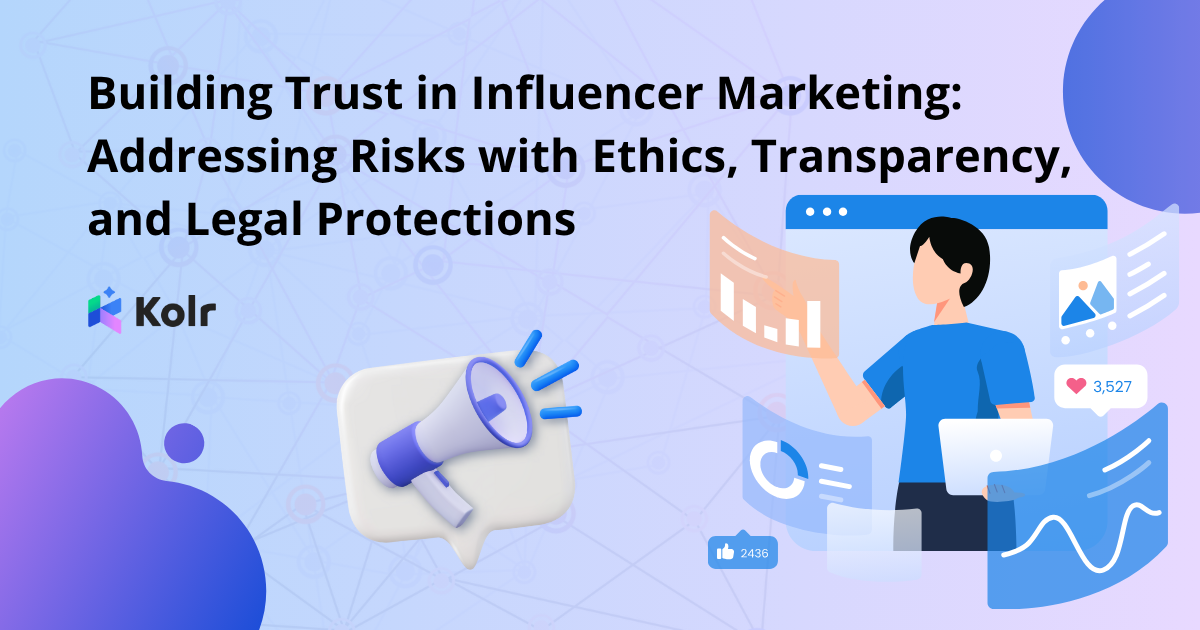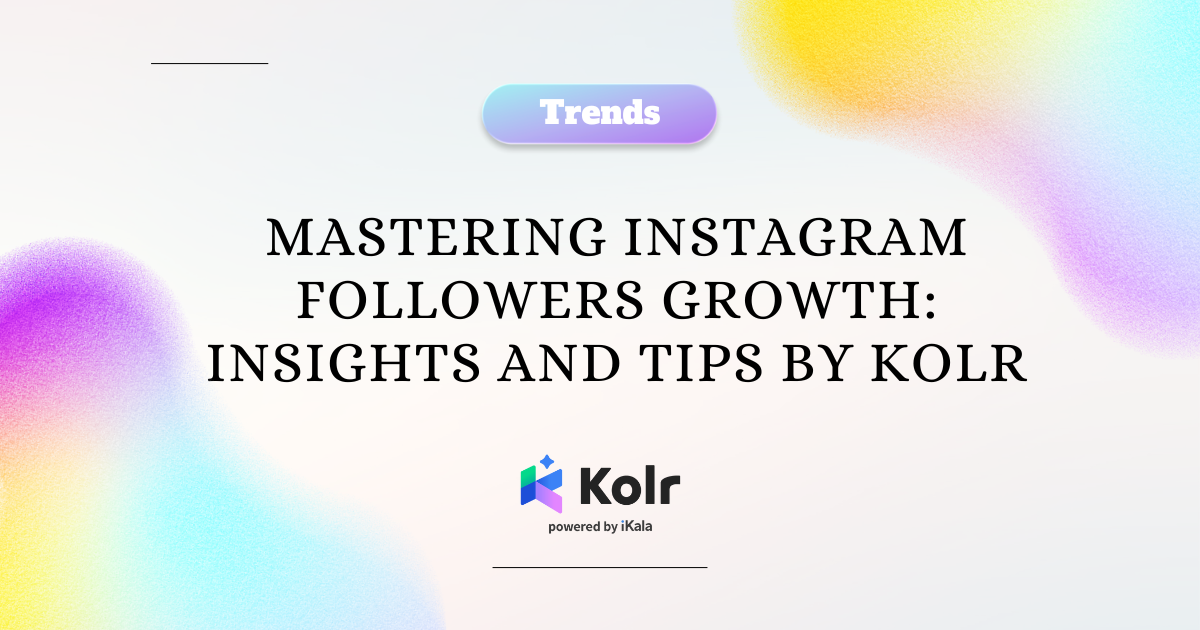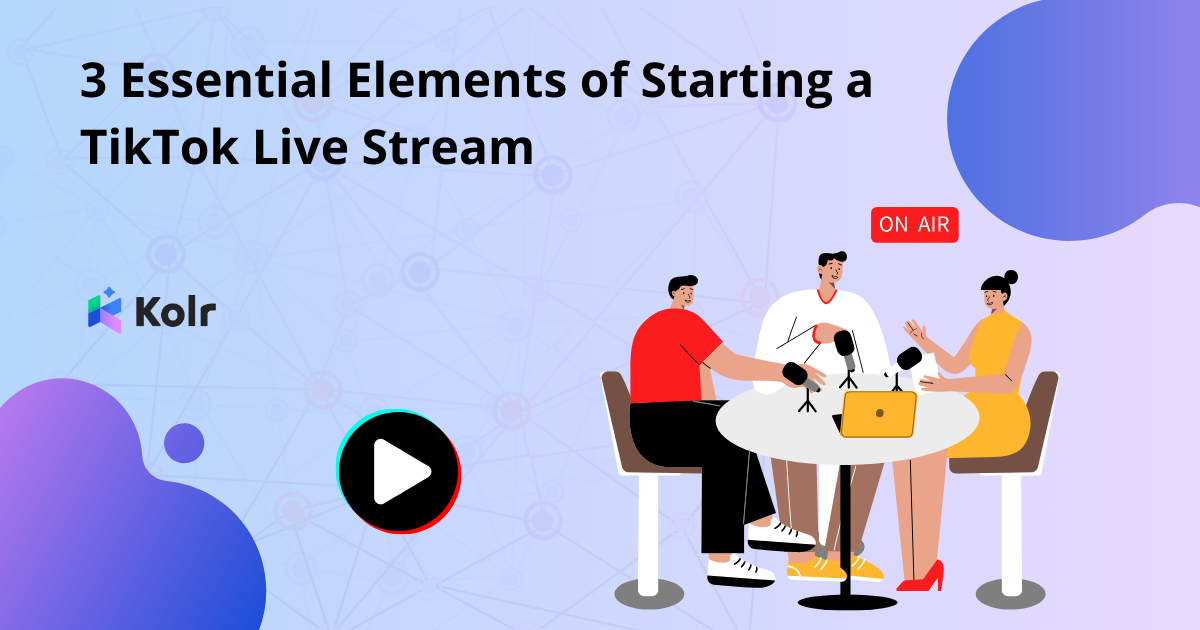Introduction
Influencer marketing has grown to become one of the most efficient and widely used strategies in the field of digital marketing. The influencer marketing industry is projected to be worth a staggering $21.1 billion and the number is expected to grow to $47.8 billion by 2027. Brands partner with social media influencers because they have the power to shape opinions and behaviors among their followers. Influencers build trust with their audiences, and brands are leveraging it for authentic customer engagement.
However, influencer marketing comes with challenges—particularly around ethics, transparency, and law. Balancing promotional efforts with authenticity can be difficult, especially when building and maintaining audience trust is essential.
Moreover, transparency in sponsored content is both an ethical choice and a legal necessity in many countries. Non-compliance can lead to financial penalties, reputational damage, and a loss of consumer trust.
To complicate matters, different countries have different laws on influencer marketing, and brands must learn those laws to stay compliant. Such regulations protect consumers and ensure fairness in advertising. Overcoming these challenges is vital since trust is essentially the foundation of the success of any influencer marketing campaign.
The Importance of Clear Contracts
The Contract: Defining Roles and Responsibilities

A very important thing to set forward before getting into influencer marketing is a very clear and well-detailed contract. The contract forms the basis for smooth collaboration in light of well-defined expectations, responsibilities, and obligations of the parties. A written agreement ensures that both the brand and the influencer are on the same page, reducing misunderstandings and disputes.
Here are the benefits of signing contracts in influencer marketing:
- Clarity on Campaign Deliverables: Clearly outlines content requirements, timelines, and expected outputs for both parties.
- Approval Processes: Establishes guidelines for content review, revisions, and final approvals.
- Ownership Rights: Addresses intellectual property rights for content created during the campaign.
- Payment Terms: Specifies payment amounts, schedules, and methods to avoid disputes.
- Termination Clause: Defines scenarios under which either party can terminate the partnership.
- Legal Protection: Safeguard both parties in case of breaches, missed deadlines, or disputes.
Clear contracts mean that brands and influencers enter into their collaboration trusting and confident with each other. These are legal safety nets that give peace of mind and allow for the successful running of campaigns.
Legal Safeguards: Clauses to Address Breach of Contract
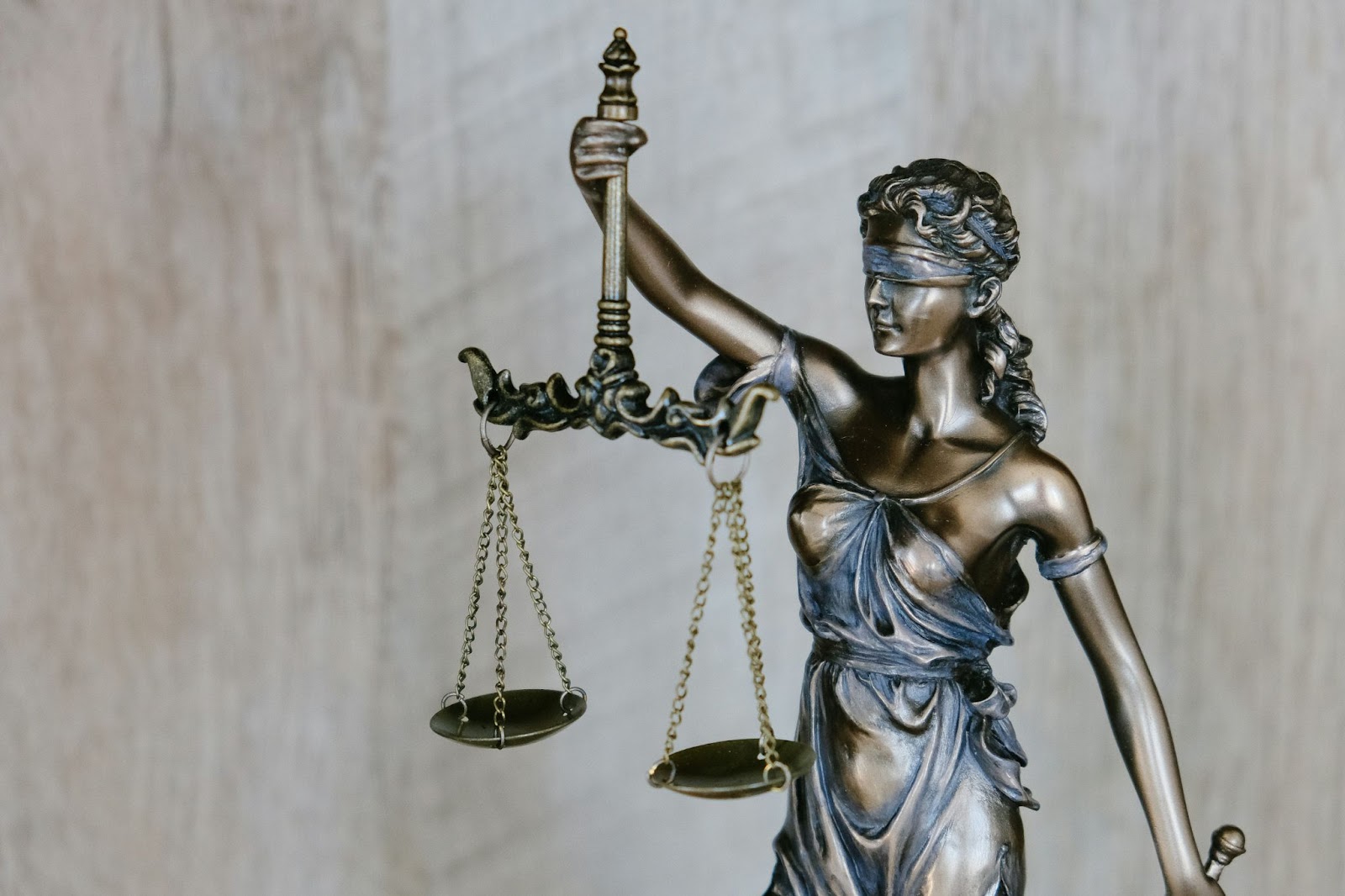
Influencer marketing requires a legal agreement that would prevent both parties from risks and other problems that might arise. While many brands are unfamiliar with the various types of legal clauses necessary in influencer agreements, these safeguards are crucial in ensuring a hitch-free partnership.
To ensure successful influencer collaborations, brands must include essential legal clauses in their contracts. These clauses safeguard both parties and mitigate risks:
- Morality Clause: Allows brands to terminate the partnership if the influencer’s actions could harm the brand’s reputation. This is most relevant in industries such as health, beauty, and finance, where public trust is important.
- Non-Compete Clause: This clause prohibits influencers from promoting competing brands during and shortly after the campaign. These agreements must be fair and reasonable to be enforceable and not overly restrictive.
- Disclosure Requirements: Ensures influencers comply with advertising laws by revealing sponsored content. Failure to do so can lead to monetary fines and hurt a brand’s credibility.
- Indemnity Clause: Highly important clause protects brands from liabilities arising from influencer actions, such as copyright violations or legal non-compliance. Indemnity clauses are financial safeguards that ensure brands are protected from potential risks.
These legal safeguards ensure that partnerships are well protected. They give both parties confidence in advance by addressing risks and ensuring all obligations are met. With these safeguards in place, influencer marketing campaigns can run smoothly and with peace of mind.
Ethical Considerations: How to Ensure Influencers Align with Brand Values
While legal agreements protect brands, ethical decision-making is equally important for running successful influencer marketing campaigns. Brands must choose influencers who share their brand’s values to maintain trust and ensure that their campaigns resonate with the intended audience.
Alignment to core brand values creates credibility and enables campaigns to resonate authentically. Ethical collaboration relies on effective communication between brands and influencers regarding expectations and objectives. Brands need to provide guidelines and messaging briefs, while influencers should enjoy creative freedom in connecting with their audiences.
For instance, a fitness brand collaborating with an influencer known for their healthy lifestyle and regular workouts will more than likely create a more relatable and effective campaign. Their shared commitment to health and wellness will resonate with audiences, making the message feel real and trustworthy.
In addition, ethical partnerships should be concerned with transparency. Brands and influencers should not deceive the audience by misrepresenting any product or promoting something that doesn’t align with the experience of the influencer. Authenticity builds trust over time, and audiences respond better to honesty and transparency.
By selecting influencers with values aligned with their own and creating ethical partnerships, brands can develop campaigns that will come across as authentic, trustworthy, and interesting to their audience. Ethics means a brand stays credible and is trusted for a long time by an audience.
Crisis Management: How to Handle Public Backlash and Reputational Risks
When an unexpected challenge arises during an influencer marketing campaign—whether due to influencer missteps, audience backlash, or unforeseen negative publicity—quick, thoughtful action is essential. Effective crisis management is about addressing issues head-on to rebuild trust and protect reputations. Follow these actionable steps to navigate a crisis:
Step 1: Public Acknowledgment
The first step in any crisis is to address the issue directly and openly. Avoid denying or shifting blame, as this can worsen the situation. A sincere apology, paired with transparent communication about what happened, shows accountability and empathy.
Step 2: Assessing the Impact
It’s essential to understand the scope of the crisis. Consider the financial and reputational impact of the crisis. Was there a drop in sales? Did the incident affect customer trust or brand credibility? Understanding these factors will shape the response strategy. Brands should share updates on their social media platforms, issue press releases, and respond to customer feedback.
Step 3: Communicating Transparently
Influencers should also resolve crises by showing transparency to their audience. Sharing updates through social media, press releases, or direct messages reassures stakeholders that steps are being taken to resolve the issue. Influencers involved should also maintain transparency with their audiences to rebuild rapport.
Step 4: Address the Root Cause
Evaluate and address the root causes of the crisis. Was it a process failure, poor decision-making, or lack of oversight? Taking corrective action shows commitment to learning and improvement and reassures customers and stakeholders that the issue will not happen again.
Step 5: Rebuilding Trust
Rebuilding takes time and consistent effort. Engaging authentically with audiences, addressing their concerns, and highlighting the lessons learned to reinforce trust and strengthen relationships.
A stellar example of effective crisis management in influencer marketing is Matilda Djerf’s response to allegations in December 2024. The fashion influencer and founder of Djerf Avenue faced claims from former employees about a toxic workplace culture, including bullying and body-shaming. Djerf took swift action, issuing a heartfelt apology on Instagram where she acknowledged her shortcomings as a leader and expressed genuine regret for the situation.
In her response, Djerf outlined tangible steps to address the issues, such as hiring experienced management professionals and consulting with external organizational psychologists to improve workplace culture. This combination of transparency, accountability, and actionable solutions not only helped restore trust with her audience but also set a precedent for how influencer-driven businesses can handle reputational challenges effectively.
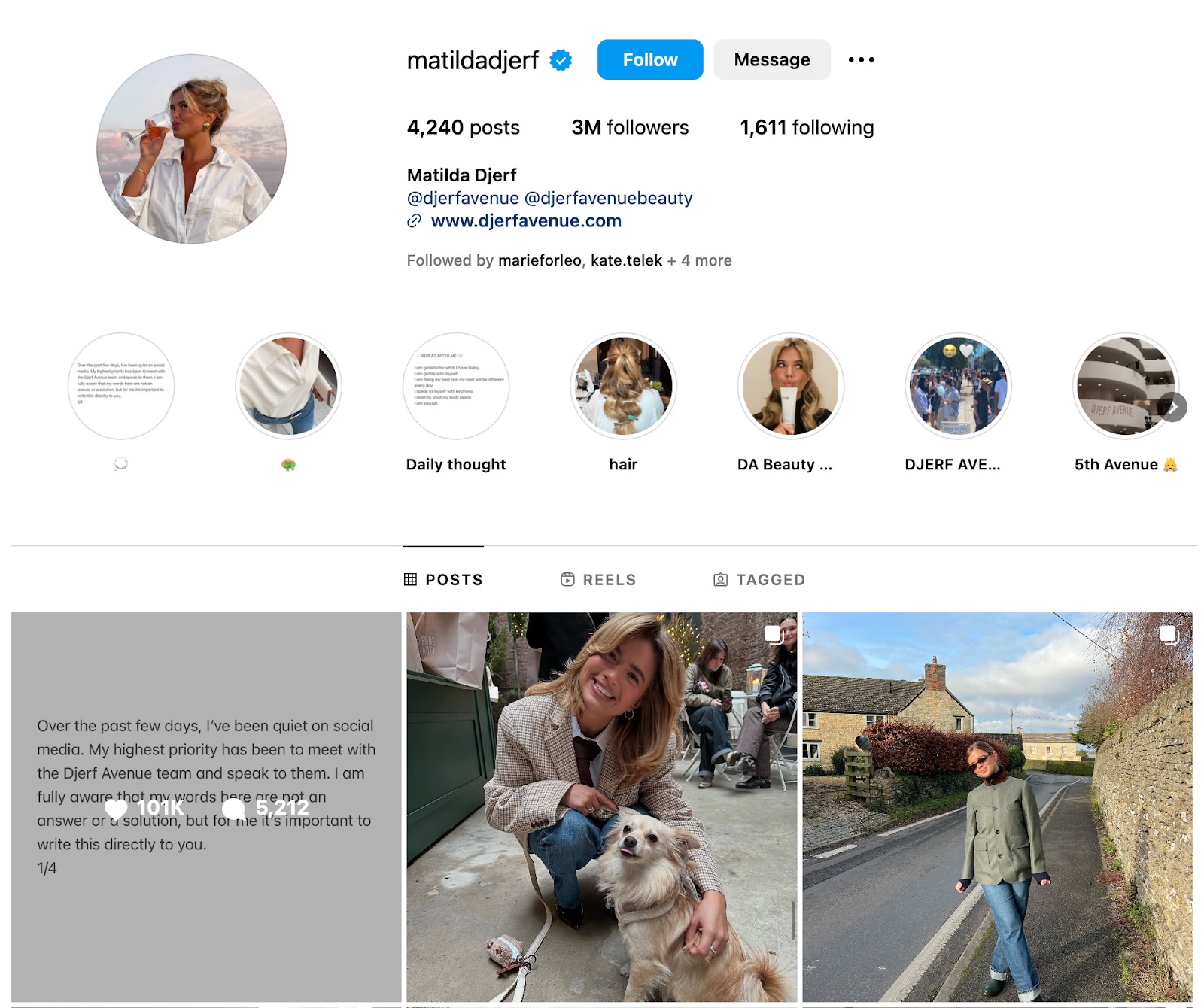
Source: Instagram
While crises can be challenging, they also offer opportunities for growth. By responding with empathy, transparency, and a willingness to improve, brands and influencers can emerge from difficult situations with renewed trust and stronger connections.
Learning from Case Studies: What Brands Can Do to Mitigate Future Risks

Real-life examples show how brands and influencers can recover from crises. For instance, the Pepsi 2017 ad featuring Kendall Jenner was criticized for trivializing social movements. In response, Pepsi pulled the ad, apologized publicly, and worked to engage with activists and community leaders in rebuilding trust.
Another example was the feud between James Charles and Tati Westbrook. It began when Westbrook released a 43-minute-long video in which she ended her friendship with Charles, claiming that he used her to achieve fame and success.
Accusations of betrayal were issued, causing Charles to lose nearly three million YouTube subscribers while Westbrook gained just as many. Charles replied by publicly apologizing, accepting fault, and reconciling with his followers through the use of transparency and frequent responses.
These examples show that any brand or influencer could be the victim of a crisis. However, honest communication, accountability, and learning from mistakes are key in recovery. Brands and influencers that adapt and commit to positive change can strengthen their reputations after difficult events.
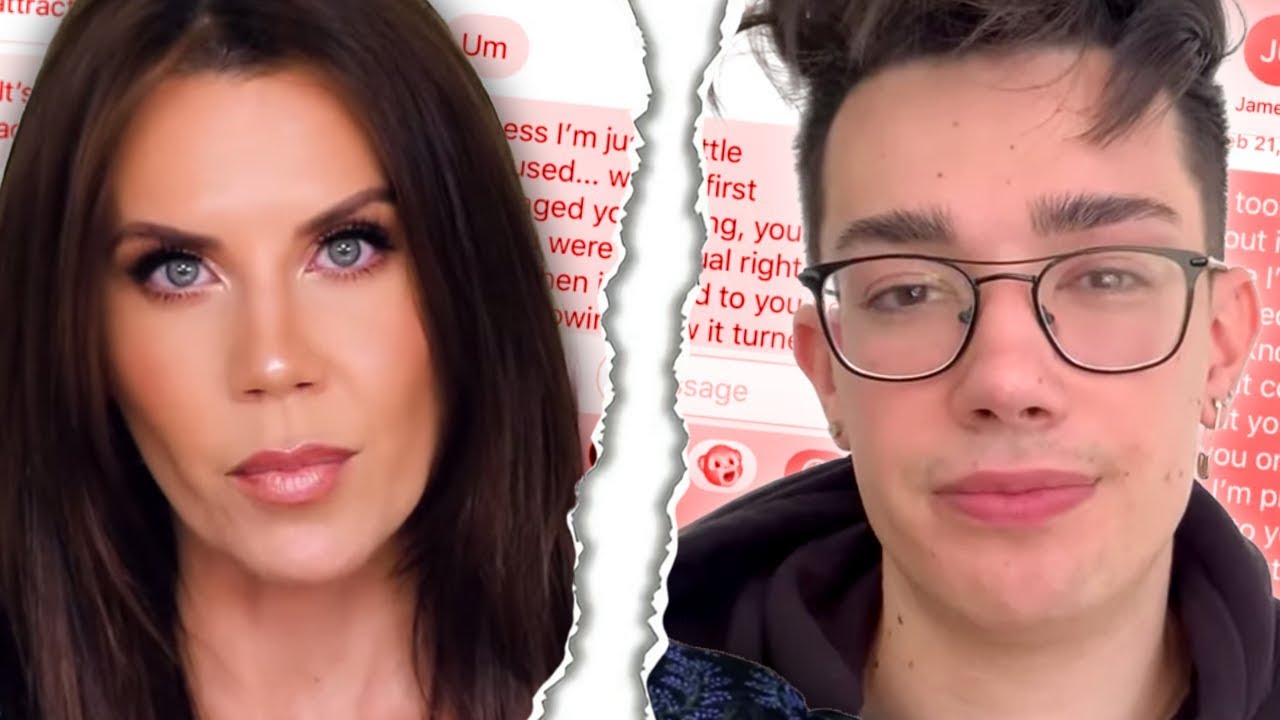
Conclusion
Influencer marketing is an exciting way for brands to reach audiences, but it comes with its own set of challenges. Legal safeguards, ethical partnerships, transparency, and crisis management will be required in order to run successful influencer campaigns.
By learning from challenges and adopting strategies that put ethical practices, transparency, and legal compliance in the foreground, brands, and influencers are able to command trust and strengthen audience relationships. Trust is a requisite for all successful marketing campaigns; by focusing on transparency and ethical decision-making, brands can ensure long-term success with influencer marketing. If you would like to further understand influencer marketing, feel free to consult Kolr for free at https://www.kolr.ai/en/.
